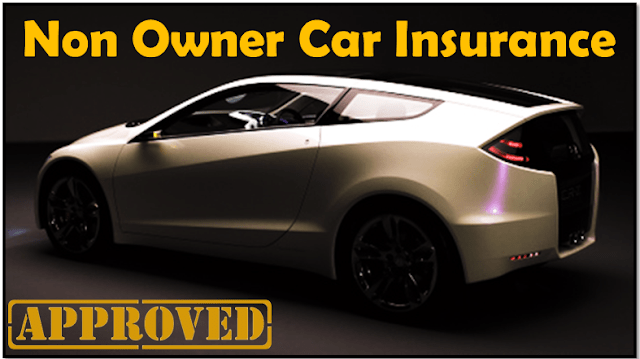Non-Owner Car Insurance Vs Traditional Insurance Explained
Imagine maneuvering through a maze, where each twist represents a different insurance option. Non-owner car insurance and traditional insurance are two paths that cater to distinct needs. If you often borrow or rent vehicles, non-owner insurance offers essential liability coverage at a lower cost. Conversely, traditional insurance is crafted for vehicle owners, providing a broader range of protections. Understanding the nuances between these options can greatly impact your financial choices and coverage needs. What will you choose?
When you evaluate car insurance options, you might wonder which type suits your needs best: non-owner car insurance or traditional insurance. Non-owner car insurance is primarily designed for individuals who don't own a vehicle but may frequently borrow or rent cars. This type of insurance primarily covers liability, protecting your assets in the event of an accident. Since it excludes coverage for physical damage to any vehicle being driven, it's often less expensive than traditional insurance, making it attractive for those who don't own a car.
Non-owner car insurance is ideal for those who frequently borrow or rent vehicles, offering affordable liability coverage without physical damage protection.
In contrast, traditional car insurance provides extensive coverage that includes liability, collision, and comprehensive protections for owned vehicles. It covers the costs of repairing or replacing your vehicle in the event of an accident, theft, or damage. This broader coverage inherently comes at a higher price, reflecting the increased risk the insurer faces when covering owned vehicles. Traditional insurance policies often include additional options like roadside assistance and rental car coverage, which can be beneficial for drivers who desire extra security.
When comparing coverage differences, the limitations of non-owner insurance become clear. It focuses solely on liability coverage, meaning it won't assist with any damages to the vehicle you're driving. On the other hand, traditional insurance covers a wider scope, ensuring you're protected against various risks associated with owning a vehicle. Additionally, traditional policies frequently offer services such as towing and rental car replacement, which can add significant value depending on your driving habits.
Cost is a critical factor in your decision. The average annual cost of non-owner car insurance is approximately $325, substantially lower than traditional policies. Factors influencing non-owner insurance premiums include the amounts of liability coverage you choose and your driving history. For traditional insurance, premiums can vary widely based on the make of the vehicle, your driving record, and other risk factors. Additionally, state regulations can impact the costs for both types of insurance, so it's crucial to take local requirements into account when making your choice. Non-owner car insurance typically costs less than traditional policies due to its focus on liability coverage].
Eligibility plays a significant role in determining which type of insurance is appropriate for you. Non-owner insurance is ideal for those who frequently rent or borrow vehicles but don't own one themselves. It also helps maintain continuous coverage, which can protect you from higher premiums in the future if you ever decide to buy a vehicle. Conversely, traditional insurance is necessary for vehicle owners, as it offers protection against various risks they face.
Both types of insurance meet legal liability requirements, but traditional insurance provides more extensive financial protection. While non-owner policies cover liability beyond the vehicle owner's limits, they fall short in providing the same level of security that traditional insurance offers.
Ultimately, your choice between non-owner car insurance and traditional insurance should hinge on your vehicle ownership status, driving habits, and budgetary considerations. Understanding these differences will help you choose the right coverage for your unique situation.
Conclusion
In the world of car insurance, non-owner policies are like a safety net for those who don't own a vehicle but still need coverage, while traditional insurance acts as a sturdy shield for car owners. If you frequently borrow or rent cars, non-owner insurance offers essential protection without the added costs of extensive coverage. On the other hand, if you own a vehicle, traditional insurance guarantees you're fully safeguarded against various risks. Choose wisely based on your situation.

